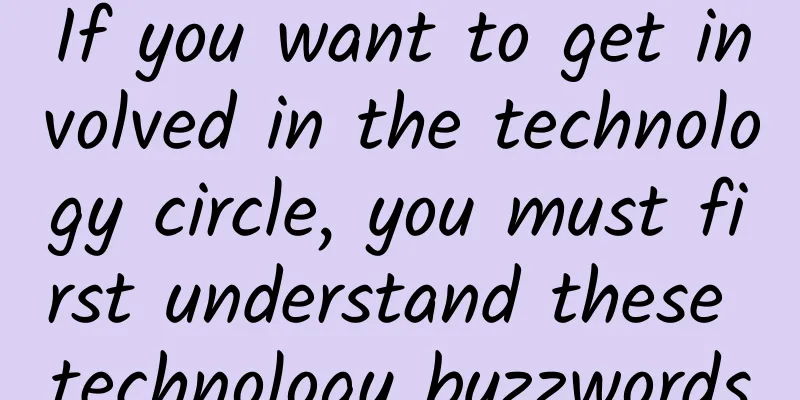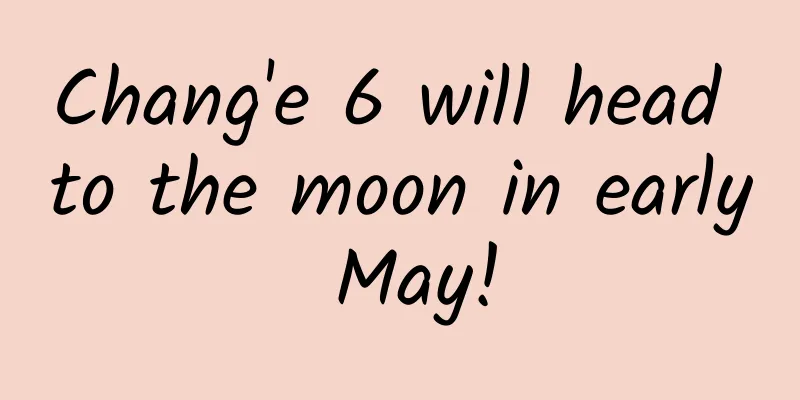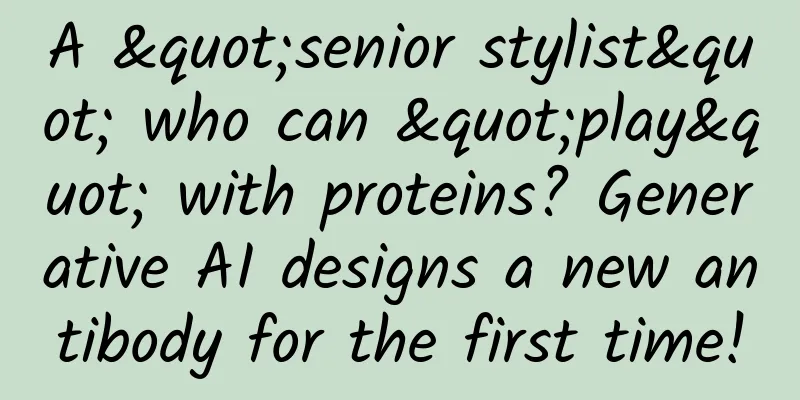If you want to get involved in the technology circle, you must first understand these technology buzzwords

|
The technology industry is known for its rapid changes, but the buzzwords in the industry may change even faster. According to a research report on 500,000 technology job postings by Seattle startup Textio, some of the most eye-catching professional terms last year, such as big data, are no longer as significant as last year for job applicants. These outdated terms have been replaced by hotter trends such as artificial intelligence and real-time data. Textio measures the tech phrases on its list in three main ways: the number of applicants who apply for jobs that include the tech phrase; the percentage of applicants who have the skills and background required by the phrase; and the length of time it takes to recruit relevant talent after the job posting is posted. Textio then compares these numbers with those from a year ago and ranks them accordingly. The following are the top five "winners" and five "losers" of tech terms this year, as selected by Textio. Trending buzzwords 1. Artificial intelligence Elon Musk and Stephen Hawking might think it a little odd, but tech job applications are moving towards artificial intelligence. In the past six months, the use of the term artificial intelligence has quadrupled in top tech job postings. 2. Real-time data Big data performed poorly, but real-time data performed well. Unlike big data, the increase in real-time data-related job openings is predicted to indicate that companies want to develop products based on the latest information, not just based on a lot of information. 3. High availability The field reflects a trend: the growing importance of developing software that is always connected and rarely down, a technical challenge that many engineers will take more seriously. Compared with a year ago, such hiring increased by 42%. 4. Robust and scalable The total usage of these two terms has increased significantly over the past summer, and has tripled in the past two months alone. These two terms refer to the power of software that can serve many users. 5. Inclusive As workplace diversity becomes more important to job seekers, especially in the tech industry, recruiters are playing the inclusion card. Companies have long used the terms "diversity" and "differentiation" to attract job seekers, but now the meaning of these two terms may have changed. This change may be the reason why the term "inclusion" has become more popular in the past six months. Trending buzzwords 1. Big data In tech job ads, big data is the loser. According to a report from Textio, big data companies may no longer call themselves that. Two years ago, everything was about big data, but starting about five to six months ago, the use of big data terms began to cool down. Today, if you use the term "big data" in an engineering position, you are 30% worse than not using it. Textio CEO Snyder pointed out: "Now that the term big data is saturated, you should talk about artificial intelligence instead of big data." 2. Virtual team or V-team Using corporate jargon will drive candidates away, and using the term “virtual team” to refer to “telecommuting” will result in too low a pool of candidates. 3. Troubleshooting Troubleshooting is a critical skill for many tech employees, and recruiters prefer calling it "problem solving," "repairing," or "diagnosing" because the term "troubleshooting" performed 100% worse than the other terms. 4. Subject matter expert You may feel that you are an expert in a certain field, but another meaning of this term is that the candidate is good at one field and knows little about other fields. Technology companies need "general engineers" rather than subject matter experts. 5. Drug-free workplace Some recruiters use the term in their ads, and the ads are 20 times worse. Six months ago, the negative impact of using the term was only half of what it is now. Why is this? Textio is not sure, but it may be that job seekers read the term and think of it as a demanding work environment. As a result, some job seekers who are looking for a relaxed work environment, flexible working hours, and casual dress code turn away. |
<<: How to implement mobile business in the entrepreneurial winter: HTML5, WeChat, APP?
Recommend
How much does it cost to develop a Yichun marriage and love mini program?
Yichun marriage and love applet development price...
At the end of WeChat’s dividend period, how can corporate new media operators create 100,000+?
About the author: Mira, head of new media at Dian...
How to operate the WeChat official account new media of Internet finance products?
As we all know, various Internet products are now...
How to promote an app without any budget?
This article is compiled from Zhihu: Zhihu user: ...
Kunshan Social Insurance Fund Management Center: National Internet Security Management Service Platform!
In order to protect network information security,...
Is event planning and promotion really as simple as you think?
[Introduction] Recently, due to the impact of the...
Ubuntu Software Center Dead?
In the past few weeks, there has been a lot of me...
Core Animation Demos
Introduce the realization of various graphics and...
Another new product of Foton Motor, Yundu π3 with a range of over 300 kilometers, will be launched in March this year
Regarding Yuntu Automobile, although its first ma...
Decoding the "50% fuel saving" technology: Great Wall Motors' Lemon Hybrid DHT is disassembled for the first time in the world
On March 2, 2021, Great Wall Motors conducted the...
How much does it cost to join a big turntable mini program in Tongcheng?
For entrepreneurs, although mini program developm...
Durex's confession copywriting this time is absolutely amazing
Durex is so advanced this time. On May 20th, Dure...
Google launches Byteboard: assessing programmer interviewers based on their work ability
Area 120, an internal incubator for Google's ...
Full of tricks? Exploring the meaning behind iPhone "X"
Although the world predicts that Apple will relea...









